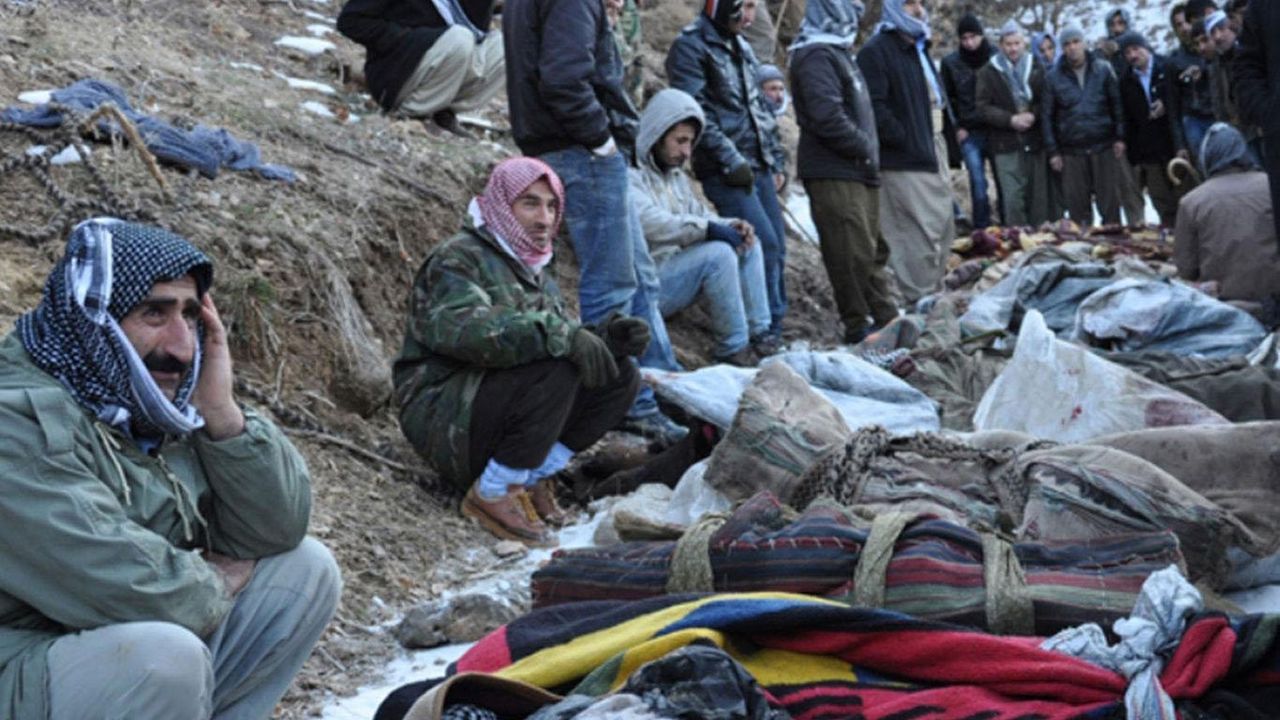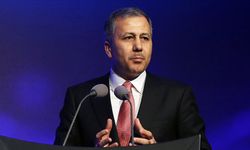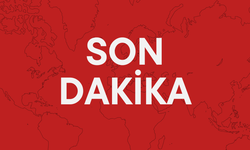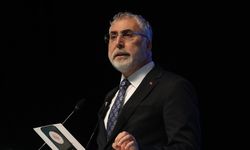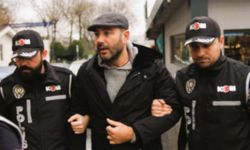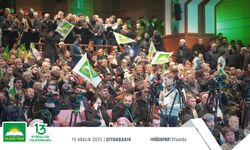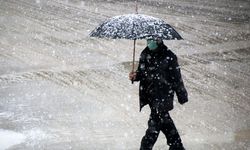The Uludere airstrike, also known as the Roboski massacre, or Şırnak massacre, took place on December 28, 2011, at 9:37 pm local time near the Turkish–Iraqi border. According to Turkish government sources, 34 smugglers were killed in the incident.
A group of 40 Kurdish villagers of Turkish nationality, mostly teenagers, from Ortasu (in Kurdish: Roboskî) and Gülyazı villages in Uludere district of Şırnak province were moving in the night of December 28, 2011 from Iraqi territory towards the Turkish border. The people were smuggling cigarettes, diesel oil and the like into Turkey, packed on mules.
Turkish Armed Forces had received information about activities in the region on the night of 28 December, which was supplied by United States intelligence services based on a U.S. drone flight. The Turkish Armed Forces reviewed the footage from the unmanned aerial vehicles flying over the terrain evaluated the smugglers as a group of members of the PKK.
The next morning, relatives searched for the missing people, and found the bodies of the victims. 34 people belonging to the group were killed during and shortly after the airstrike. Two smugglers escaped to Iraq. Only one survivor, Servet Encü, returned to his village. 28 of the dead were from the Encü family. The bodies, some of them burnt beyond recognition or dismembered, were transported to their hometown on mules due to the rough terrain.
Generations of people in his village and neighboring settlements have been in the smuggling business due to financial need. He added that Iraqi traders bring diesel oil or tea by vehicles to within 2–3 km (1.2–1.9 mi) of the border, and the villagers buy the goods and bring them home on trails, which takes about two and a half hours. He said that the smuggling action was well known to the security forces at the border.
The funeral of the victims, following an autopsy performed at the Uludere hospital, took place at a newly established cemetery between the villages Ortasu and Gülyazı. The funeral convoy, formed by about 1,000 vehicles and attended by a crowd of about 10,000 people, covered the distance of 20 km (12 mile) between the district center and the cemetery in one hour.
Legal procedures after the massacre included a special investigative commission at the Turkish Grand National Assembly, which found no deliberate intent by the officials involved on 22 March 2013. On 7 January 2014, a criminal investigation against the state officials concluded with a plea of negligence. Various charges were also pressed against the civilians and families of the deceased, some of which ended in sentences against individuals.
On 9 January 2012, the commander of the Gülyazı military border post near Roboski, Gendarmerie Colonel Hüseyin Onur Güney, was suspended from duty following a military investigation. 17 active duty army staff were also prosecuted for allowing border smuggling.
On 9 January 2012, a special commission to investigate the Uludere massacre has been established at the Turkish Grand National Assembly. During the hearings, opposition MPs complained that the Ministry of Defence declined to answer questions using the confidentiality order taken by the prosecutors office as an excuse. On 22 March 2013, the commission submitted its 85-page report on the massacre which concludes that military operation ended with 34 civilian casualties was without deliberate intent. Three members of the commission from the opposition parties lodged a minute of dissent to the report, mainly criticizing the lack of thorough investigation.
The criminal investigation was administered by the Diyarbakır State Prosecutor's Office, however, prosecutors admitted the documents they demanded from the office of Chief of General Staff were belated and military personnel were not interrogated. Despite the limitations, prosecutors were able to confirm on 6 August 2012 that the villagers were clearly discernible from the footage of the unmanned aerial vehicle taken before the massacre. On 7 January 2014, military prosecutors (General Staff Military Prosecutor's Office) decided not to press charges against the military personnel, citing that no investigation was necessary for suspected military staff İlhan Bölük, Yıldırım Güvenç, Aygün Eker, Halil Erkek and Ali Rıza Kuğu as “they committed a major error but performed their duties within the given orders”.
Previously on 23 May 2012, then Minister of Interior İdris Naim Şahin stated that the authorisation for the operation had been given at the air forces command centre in Ankara. On 7 January 2014, it was reported that the Chief of General Staff, Necdet Özel, had authorised the operation approximately 90 minutes before the first strike. (ILKHA)
